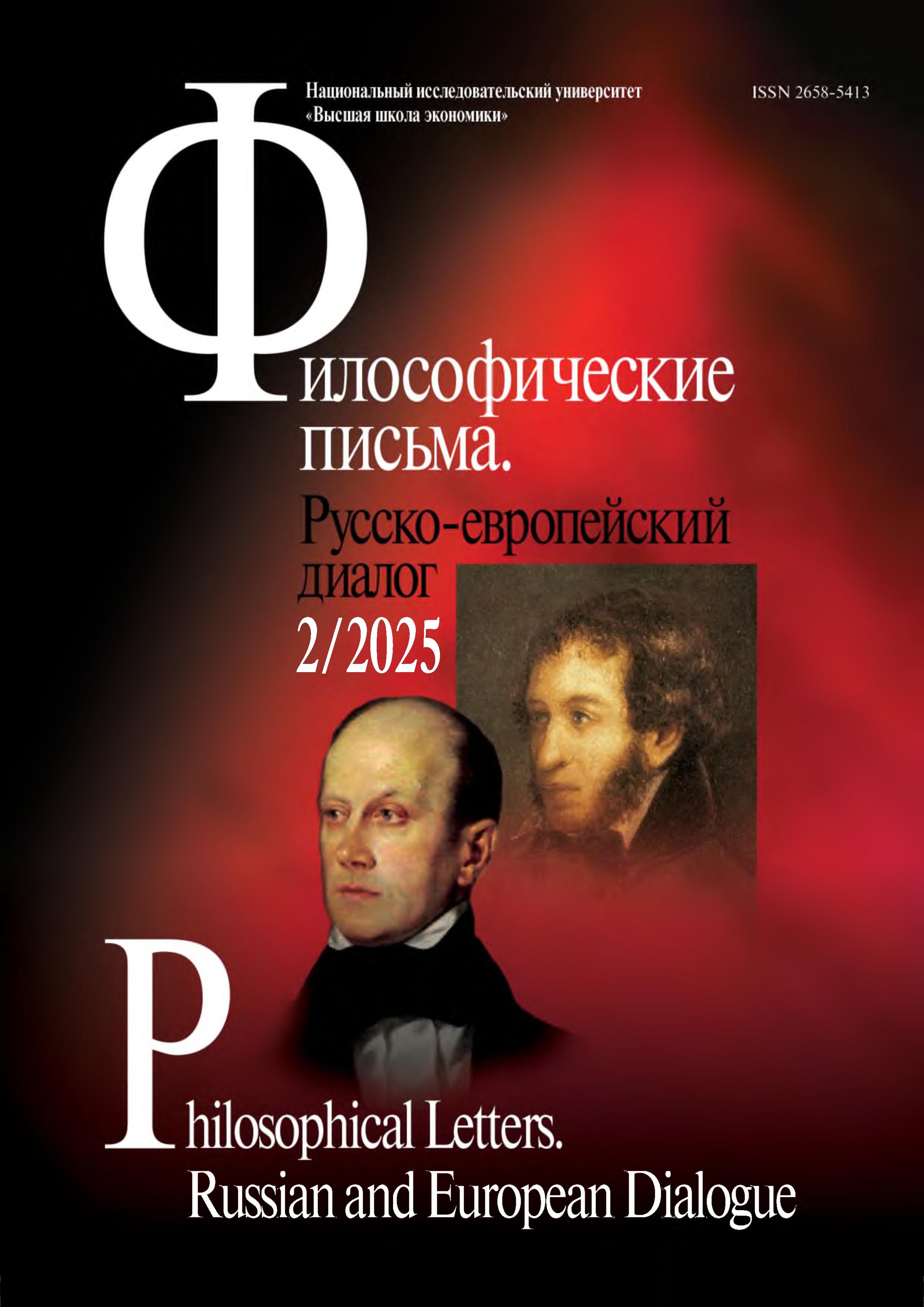Albert Schweitzer: Universalism and Self-Realization
Abstract
The approaches to the study of self-actualization of foreign humanistic psychologists (Maslow, Frankl) and domestic (Leontiev, Korostyleva, Kudinov) are analyzed. It is shown that self-realization of a universal person (Schweitzer) is conditioned by the search for the meaning of life and the construction of one’s own life strategy based on the realization of one’s potential, one’s abilities in the most different spheres of life activity. The life path of Albert Schweitzer is analyzed from the point of view of formation of his inner motivation, personal qualities, realization of his abilities and ideas, realization of his goals. It is shown that his philosophical and theological research allowed him to formulate his own worldview, based on the idea of reverence for life, in practice to realize his mission of serving people.

